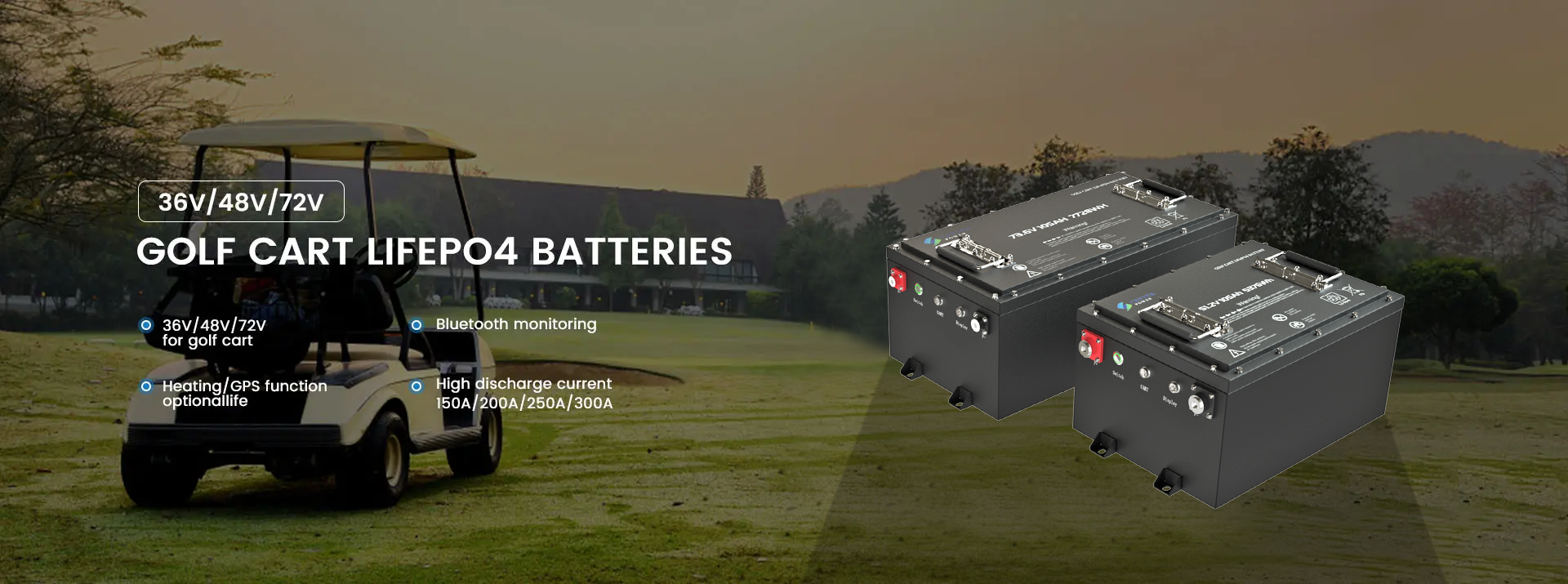
Yes, an RV battery will charge while driving if the RV is equipped with a battery charger or converter that is powered from the vehicle's alternator.
Here's how it works:
In a motorized RV (Class A, B or C):
- The engine alternator generates electrical power while the engine is running.
- This alternator is connected to a battery charger or converter inside the RV.
- The charger takes the voltage from the alternator and uses it to recharge the RV's house batteries while driving.
In a towable RV (travel trailer or fifth wheel):
- These don't have an engine, so their batteries don't charge from driving itself.
- However, when towed, the trailer's battery charger can be wired to the tow vehicle's battery/alternator.
- This allows the tow vehicle's alternator to charge the trailer's battery bank while driving.
The charging rate will depend on the output of the alternator, the efficiency of the charger, and how depleted the RV batteries are. But in general, driving for a few hours each day is sufficient to keep RV battery banks topped up.
Some things to note:
- The battery cut-off switch (if equipped) needs to be on for charging to occur.
- The chassis (starting) battery is charged separately from the house batteries.
- Solar panels can also help charge batteries while driving/parked.
So as long as the right electrical connections are made, RV batteries will absolutely recharge to some degree while driving down the road.

Post time: May-29-2024





